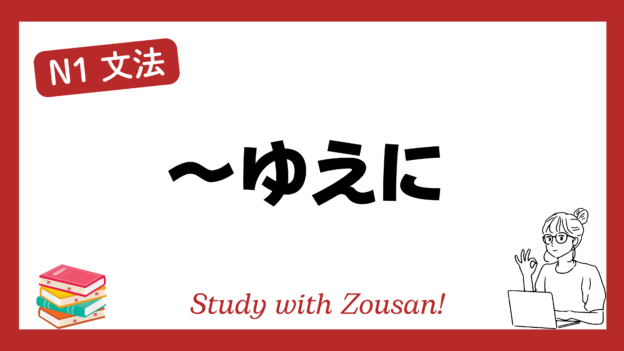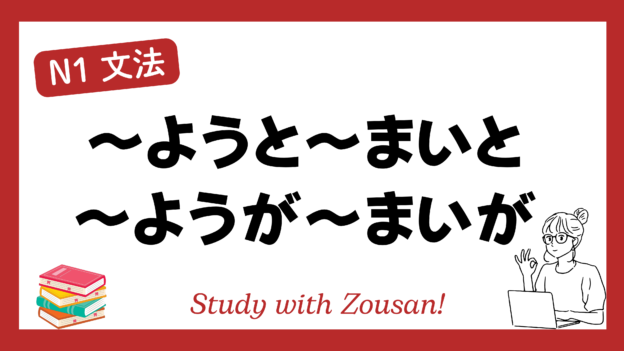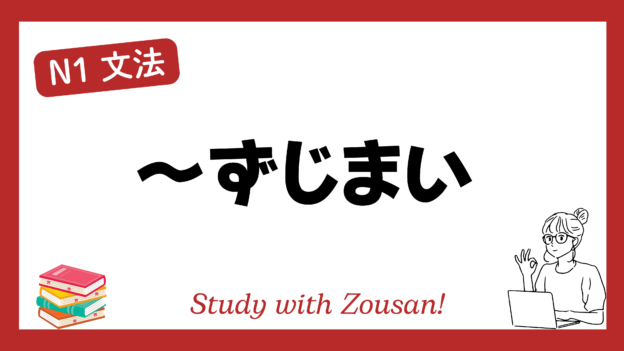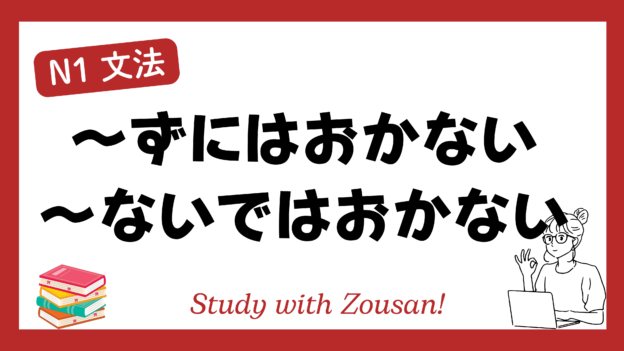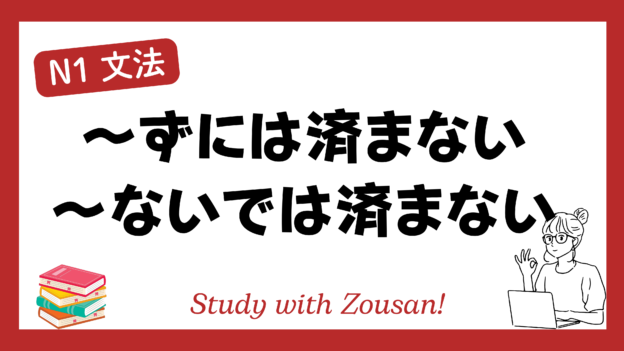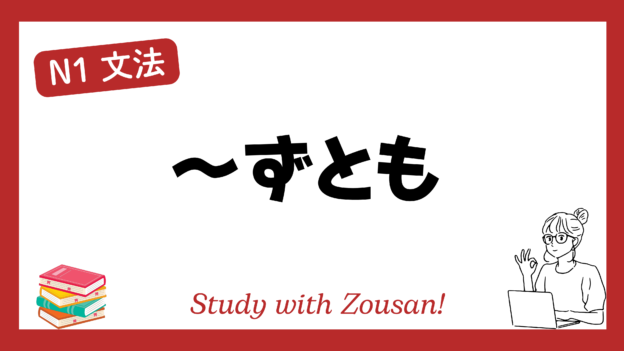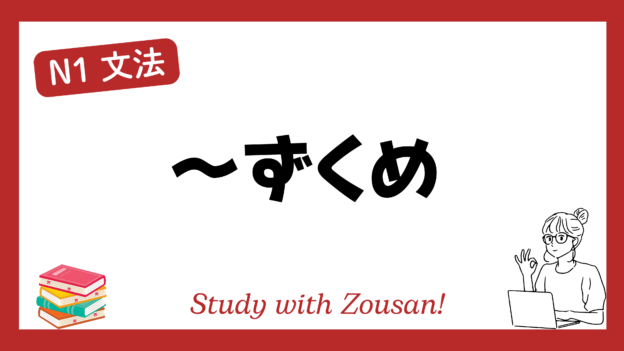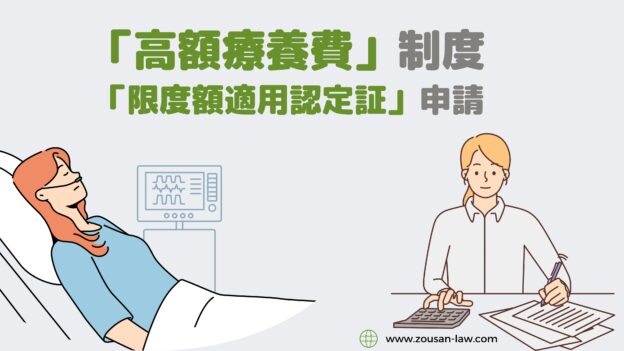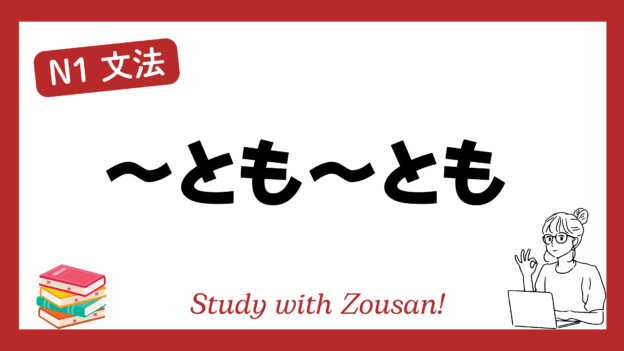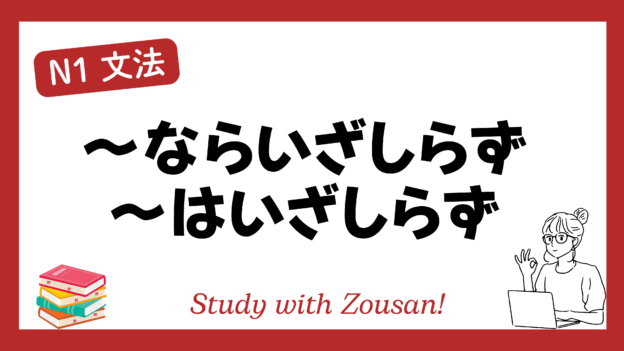Meaning: “Because of…”, “Due to…”
This structure is used to express the reason or cause of an event or phenomenon. It has a formal tone and is often found in written language or formal speeches and announcements.
※Note: This is a formal expression typically seen in documents or specialized texts, not commonly used in everyday conversation.
Structure:
| Verb (casual) | + (が)ゆえ(に) + (が)ゆえの |
| Noun + (である) | |
| な-adjective + (である) | |
| い-adjective |
Example:
-
-
-
🌟 経験不足ゆえに、この仕事を引き受けられない。
(けいけん ぶそく ゆえに、この しごと を ひきうけられない。)
Because of a lack of experience, I can’t take on this job. -
🌟 彼の成功は、努力ゆえに達成された。
(かれ の せいこう は、どりょく ゆえに たっせい された。)
His success was achieved due to his efforts. -
🌟 彼女は健康上の理由ゆえに、仕事を辞めた。
(かのじょ は けんこうじょう の りゆう ゆえに、しごと を やめた。)
She quit her job due to health reasons. -
🌟 交通渋滞ゆえに、到着が遅れました。
(こうつう じゅうたい ゆえに、とうちゃく が おくれました。)
Due to traffic jams, I arrived late. -
🌟 日本語が下手ゆえに、誤解が生じた。
(にほんご が へた ゆえに、ごかい が しょうじた。)
Misunderstandings occurred due to my poor Japanese. -
🌟 経済的な理由ゆえに、大学に行けなかった。
(けいざいてき な りゆう ゆえに、だいがく に いけなかった。)
I couldn’t go to university due to financial reasons. -
🌟 彼の行動は、信念ゆえに行われた。
(かれ の こうどう は、しんねん ゆえに おこなわれた。)
His actions were taken because of his beliefs. -
🌟 状況の変化ゆえに、計画を変更する必要がある。
(じょうきょう の へんか ゆえに、けいかく を へんこう する ひつよう が ある。)
Due to changes in the situation, we need to alter the plan. -
🌟 彼女の能力の高さゆえに、多くの責任が与えられた。
(かのじょ の のうりょく の たかさ ゆえに、おおく の せきにん が あたえられた。)
Because of her high abilities, she was given many responsibilities. -
🌟 その意見は誤解ゆえに生まれたものだ。
(その いけん は ごかい ゆえに うまれた もの だ。)
That opinion was born out of misunderstanding.
-
-


